iPhone 17 to get Apple's in-house modem rumored to debut with iPhone SE 4

Apple's ambitious plans to further integrate its hardware and software ecosystems are taking another significant step forward. Renowned analyst Ming-Chi Kuo has revealed that Apple will adopt in-house designed Wi-Fi and Bluetooth chips for its upcoming iPhone 17 lineup in the second half of 2025.
Apple has been working on developing its own 5G modem for several years, with the goal of reducing reliance on Qualcomm. This ambitious project aims to give Apple greater control over its hardware and software integration, potentially leading to improved performance, energy efficiency, better security, and lower production costs.
While Apple has made significant strides in this endeavor, the development process has faced challenges and setbacks. The company acquired Intel's smartphone modem business in 2019 to gain access to valuable technology and talent. However, integrating and refining this technology has proven to be a complex task.
This new chip, manufactured by TSMC using the N7 process, will support the latest Wi-Fi 7 standard. By moving away from Broadcom's chips, Apple aims to reduce costs and enhance integration within its ecosystem.
Kuo's previous reports have indicated that Apple is also developing a 5G modem chip, codenamed "Centauri," which is expected to power the iPhone 17 Air and the upcoming iPhone SE 4. This chip is designed to handle not only 5G connectivity but also Wi-Fi, Bluetooth, and GPS functions, consolidating multiple components into a single, more efficient solution.
The implications of Apple's in-house chip strategy extend beyond the iPhone 17 series. The way Kuo has worded the X post suggests that the company may introduce these chips in other products, including new Apple Watch, iPad, and potentially even Mac models. This could lead to significant performance improvements, longer battery life, and enhanced security features across Apple's entire product lineup.
Reports from September suggest that Apple's first 5G modem may not support mmWave technology, a higher-frequency band that offers faster speeds but has limited range. This limitation could impact the performance of Apple's devices in certain regions, particularly in the United States.
This new chip, manufactured by TSMC using the N7 process, will support the latest Wi-Fi 7 standard. By moving away from Broadcom's chips, Apple aims to reduce costs and enhance integration within its ecosystem.
Broadcom currently supplies over 300 million Wi-Fi+BT chips (hereafter referred to as Wi-Fi chips) per year to Apple. However, Apple will rapidly reduce its reliance on Broadcom. With new products in 2H25 (e.g., iPhone 17), Apple plans to use its own Wi-Fi chips, which will be…
— 郭明錤 (Ming-Chi Kuo) (@mingchikuo) October 31, 2024
Kuo's previous reports have indicated that Apple is also developing a 5G modem chip, codenamed "Centauri," which is expected to power the iPhone 17 Air and the upcoming iPhone SE 4. This chip is designed to handle not only 5G connectivity but also Wi-Fi, Bluetooth, and GPS functions, consolidating multiple components into a single, more efficient solution.
The implications of Apple's in-house chip strategy extend beyond the iPhone 17 series. The way Kuo has worded the X post suggests that the company may introduce these chips in other products, including new Apple Watch, iPad, and potentially even Mac models. This could lead to significant performance improvements, longer battery life, and enhanced security features across Apple's entire product lineup.
A setback for Apple's first in-house 5G modem
Reports from September suggest that Apple's first 5G modem may not support mmWave technology, a higher-frequency band that offers faster speeds but has limited range. This limitation could impact the performance of Apple's devices in certain regions, particularly in the United States.
Despite these hurdles, Apple remains committed to its long-term goal of designing its own 5G modems. For now, however, the most likely scenario is the new 5G modem debuting in March 2025 with the iPhone SE 4. If Apple does not manage to add mmWave connectivity, it will most likely not add the 5G modem to its premium devices, or at least it will have to rely on Qualcomm's support.
Follow us on Google News


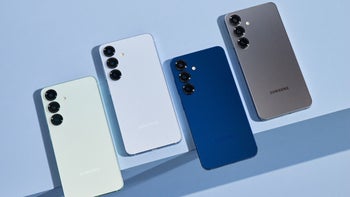
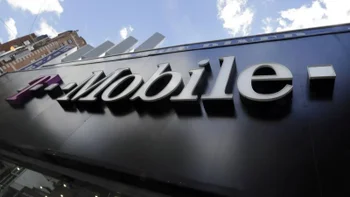
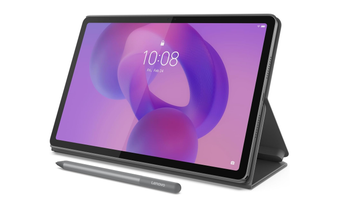

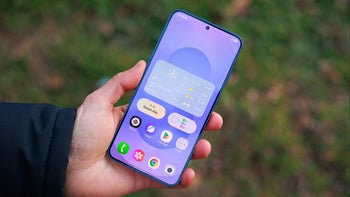
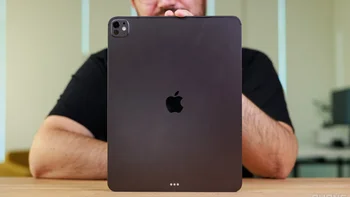
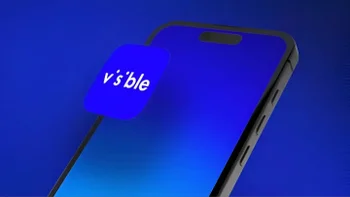


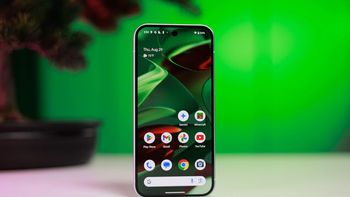
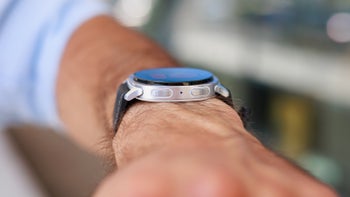
Things that are NOT allowed:
To help keep our community safe and free from spam, we apply temporary limits to newly created accounts: